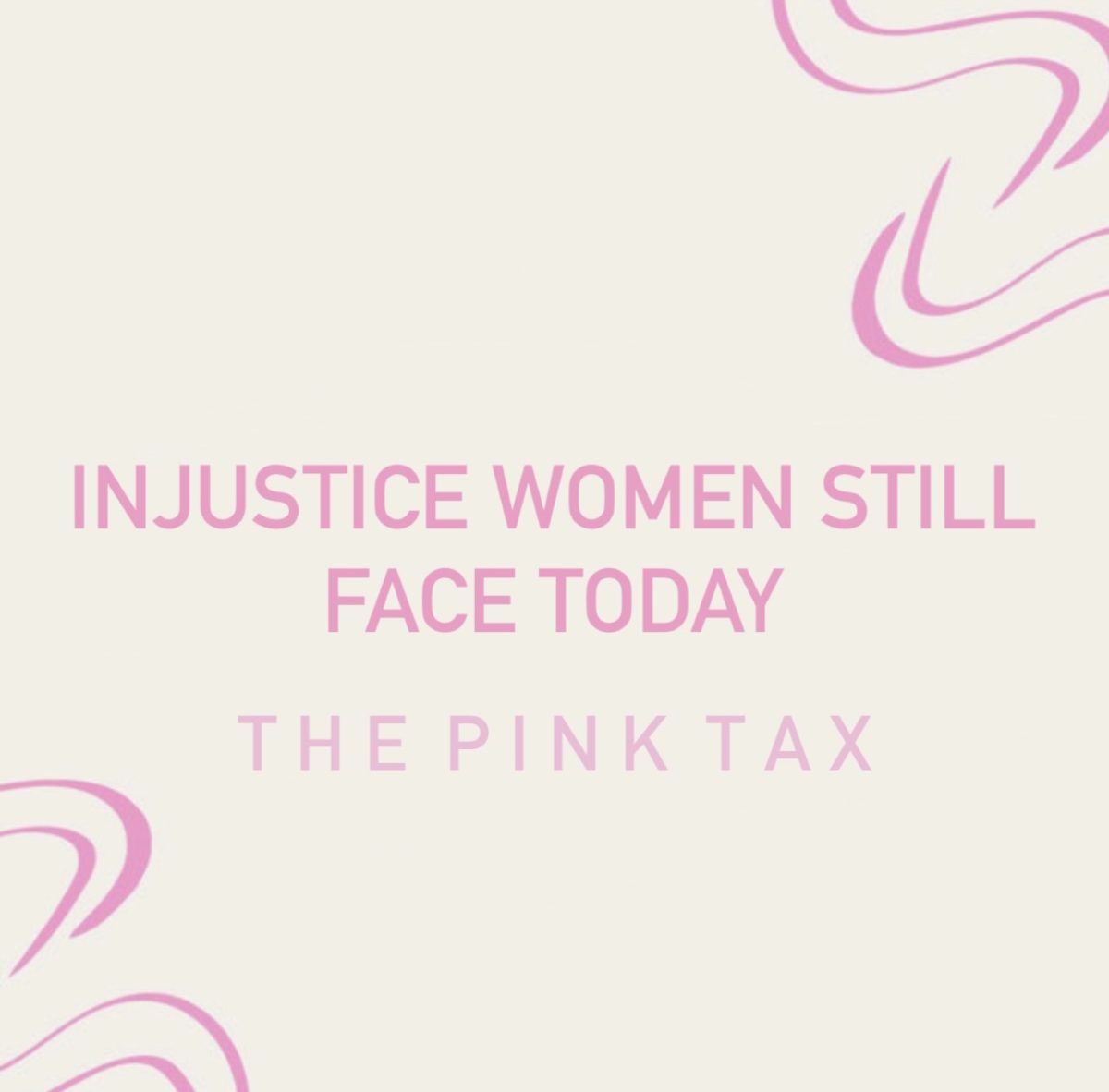Injustice women still face today
“Pink Tax” is the idea of women paying more than men for the same products.
The “Pink Tax” isn’t an actual tax. It’s a term used to say that women pay more than men for the same products or services. Some products include razors, deodorants, lotion, soap, clothes, toys, travel toiletries, and more. They are all products that any gender can use, the only difference is that one of the products is pink.
Many companies target females due to the idea that women love to spend money and shop. They also think women are most likely to spend more money on something pink and girly. Thus, companies put extra effort into including the colors pink or purple, glitter, fun patterns/designs, and a sweet vanilla or strawberry scent just so women would want to buy it.
The Bureau of Labor Statistics data showed in 2020 that women’s annual earnings were 82.3% of men’s annual earnings. The New York City Department released a study comparing products. The results showed that products targeted at women and girls cost 7% more than those for men and boys. Not only are women getting paid less than men, but they also have to pay more for products. The “Pink Tax” is making it harder for women to buy what they need, especially when they get paid less.
The New York City Department of Consumer Affairs study showed that “girl toys” cost two to 13% more than “boy toys.” They are the same thing, the only difference is the color. Boomerang commerce studies examined 50 popular kid products at different retailers and found that pink-colored products were the most pricey.
The “Pink Tax” isn’t just on products. It could be on services too. Many services as dry cleaning, haircuts, and auto maintenance, could cost more if you are a woman. CBS News experimented with two of their staff, male and female. They both went to multiple dry cleaners in NYC with the same shirt and white button-up. The results found that more than half of the dry cleaners charged the female staff at least twice as much to clean the shirt. The National Bureau of economic research had a similar experiment where females and males called mechanics to get quotes for car repairs. The callers who knew about pricing got treated the same, regardless of gender. However, the female callers who didn’t know about the pricing got quoted 23 dollars more than the male callers.
The best way to stop the “Pink Tax” is to try to buy gender-neutral products. Purchasing “male” products like razors, shaving cream, clothing, lotion, and soap, could save you money. The first step to solving this issue is recognizing it and bringing awareness. New York has already solved this issue by banning the “Pink Tax.” It requires certain service providers to provide price lists for standard services upon request and notifies them that gender-based price discrimination is prohibited under state law. Violation of the law will face civil penalties. Hopefully, other states will soon ban it too.




